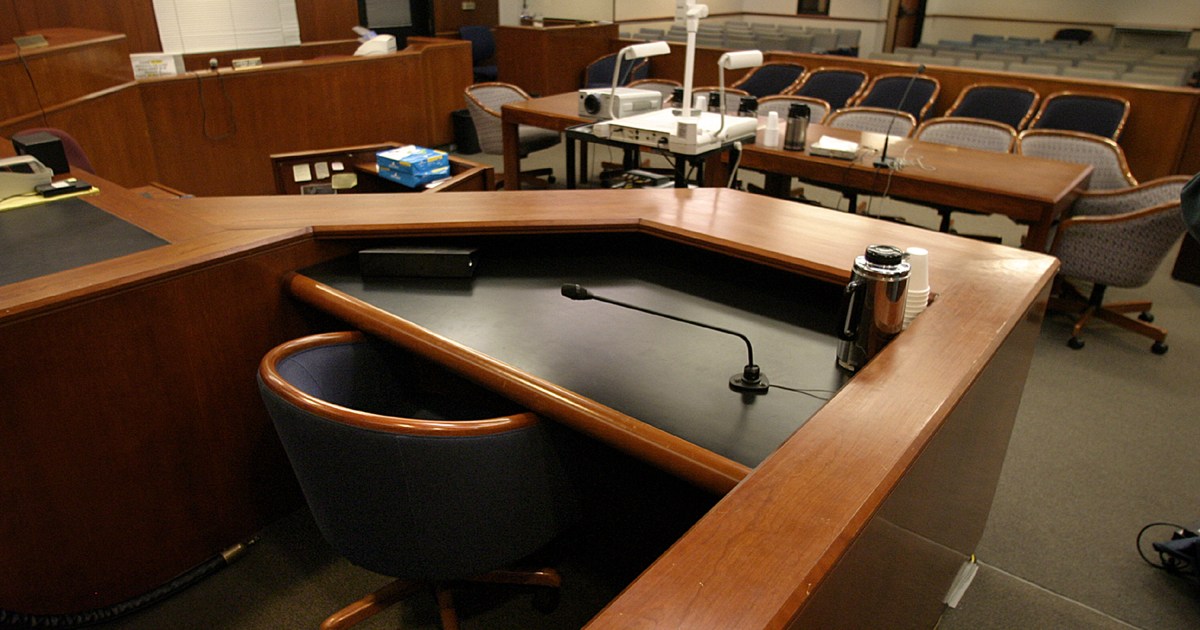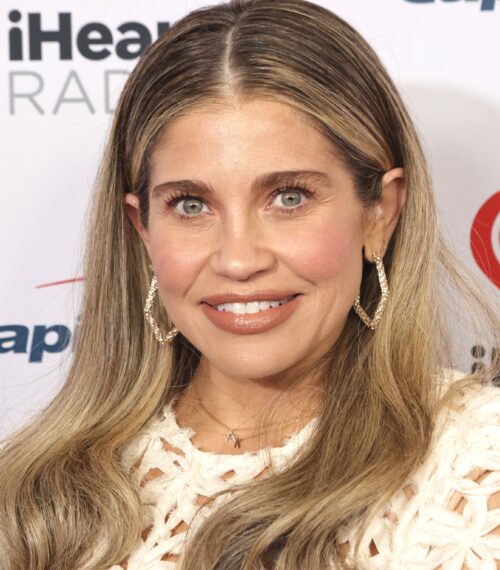A Florida appeals court has overturned the massive verdict at the center of Netflix’s Take Care of Maya, ruling that Johns Hopkins All Children’s Hospital acted in good faith and is no longer liable to pay the Kowalski family. The decision marks a dramatic reversal in one of the most closely watched medical-legal cases to cross over into the mainstream following the documentary’s release in 2023.
Appeals Court Overturns Jury Verdict
In 2023, a Florida jury found Johns Hopkins All Children’s Hospital liable on multiple counts — including false imprisonment, wrongful death, battery, fraudulent billing, and intentional infliction of emotional distress — following a highly publicized trial. The panel initially awarded the Kowalski family $211,451,174 in damages, plus $50 million in punitive damages. A trial judge later reduced the total to $213.5 million.
On Wednesday, October 29, an appeals court reversed that verdict, according to Fox 13 News. The ruling vacates the nine-figure judgment and relieves the hospital of financial responsibility to the family, nearly two years after the jury’s decision.
The appeal centered on the hospital’s handling of then-10-year-old Maya Kowalski’s care and the subsequent involvement of child protective services. The appellate court concluded the hospital’s actions fell under protections for good-faith mandatory reporters, a finding that undercut the basis for the civil liability established by the jury.
What Take Care of Maya Covered
Released in June 2023, Netflix’s Take Care of Maya brought national attention to the Kowalski family’s story. The documentary recounts how Maya, diagnosed with complex regional pain syndrome (CRPS), underwent treatment that included ketamine — a therapy prescribed in 2015 by a Tampa-based physician unaffiliated with Johns Hopkins All Children’s Hospital. The family has long said the treatment significantly alleviated her symptoms.
In October 2016, Maya was brought to the hospital during a medical emergency. During that visit, her mother, Beata Kowalski, requested that Maya receive ketamine, consistent with the prior treatment plan. Hospital staff reported the case to child protective services, triggering an investigation into potential medical child abuse.
Beata was subsequently accused of abuse related to suspected Munchausen syndrome by proxy, a disorder in which a caregiver fabricates or induces illness in a child. As the investigation unfolded, Maya was placed in state custody, and the hospital barred Beata from contacting her daughter. The separation and allegations unfolded over months, placing immense strain on the family.
In 2017, Beata died by suicide at age 43. In a note cited during the trial, she wrote that she could not endure “being treated like a criminal.” Following her death, the family filed suit against Johns Hopkins All Children’s Hospital, culminating in the 2023 jury verdict in their favor. The appellate ruling now reshapes the legal outcome that followed the documentary’s release.
Court’s Reasoning And Hospital Response
During the October 29 hearing, the appeals court held that the hospital acted “in good faith” when it reported its suspicions to child services, as reported by People. That finding aligns with legal protections afforded to mandatory reporters who alert authorities to potential abuse and cooperate in child protection proceedings. By recognizing the hospital’s good-faith participation, the court undercut the claims that led to the original damages award.
Ethen Shapiro, counsel for Johns Hopkins All Children’s Hospital, praised the decision. “This opinion sends a clear and vital message to mandatory reporters in Florida and across the country that their duty to report suspicions of child abuse and, critically, their good faith participation in child protection activities remain protected,” Shapiro said.
The appellate ruling does not revisit the broader public debate that Take Care of Maya amplified — particularly around CRPS treatment, medical child abuse investigations, and patient-family communication during high-stakes clinical decisions. Instead, it narrows the question to whether the hospital’s reporting and cooperation with child protective services can form the basis for civil liability when performed in good faith. The court’s answer was no.
Why The Decision Matters For Viewers And The Conversation Ahead
For viewers of Take Care of Maya, the appeals court’s decision serves as a critical legal update to a story that has lived at the intersection of medicine, law, and public opinion. The documentary captured the Kowalskis’ perspective and the profound personal toll of the investigation and separation, igniting widespread conversations about how hospitals and authorities respond to complex pediatric pain cases.
The new ruling underscores the legal protections around mandatory reporting and child protection efforts, even amid emotionally charged circumstances and contested medical approaches. It also highlights the gap that can exist between a family’s lived experience and the legal standards that govern liability for hospitals and clinicians.
As the case transitions into its next chapter, the legal landscape has shifted in favor of the hospital. What remains unchanged is the documentary’s impact: Take Care of Maya continues to drive discussion about CRPS, the challenges of diagnosing and treating rare pediatric conditions, and how the child welfare system interfaces with medical decision-making.
While the appeals court’s decision removes the nine-figure judgment against Johns Hopkins All Children’s Hospital, the human story at the center of the film — and the questions it raised about safeguarding children while respecting families — remains a powerful touchpoint for audiences engaging with the documentary.















































































































